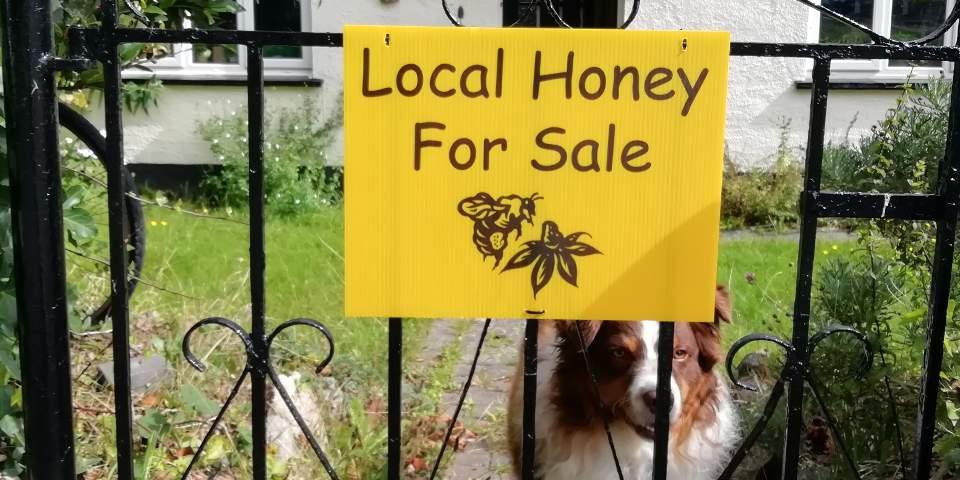- Posted By: jenifer
- Comments: 0

As we head to this year's shortest day (21 December) my mind starts to turn to the jobs still waiting to be done before the bees start busying themselves in the spring. It may sound a fair way yet, but with the speed at which this year has gone by, I need to get a wriggle on. So where am I with beekeeping?
Behind... full stop!
We've all been in lockdown a fair whack of this year due to Covid-19 and I must say that because bees are classed as livestock, it's meant that I've been able to visit them regularly throughout the year. With the first lockdown late March, it wasn't an ideal time for beekeepers because it's when we're on 7 day inspections to look out for any signs of colonies wanting to swarm. Compared to the number of swarms last year, this year has been fairly quiet. Looking back, this year hasn't been a great year for bees. Although the weather has been warm and sunny for us humans, it's not what plants need to produce nectar that feeds our bees and other pollinators. Without rain, nectar dries up and it takes a few days for the plants to provide their nectar to entice the pollinators to them.
The amount of excess honey has dropped by around 30% this year that fellow beekeepers are reporting with the National Bee Unit circulating warnings to beekeepers for them to check the level of stores in their colonies.
Living in Budlleigh Salteron, my bees have done really well and are well stocked for the winter months. I am feeding some smaller colonies - fingers crossed they make it to the springtime.
This doesn't explain why I'm behind. Perhaps the silence in regular blogs might give a clue... full-time work just intensified this year and my weekends seemed to just blur all into one. I'll admit it's been hard-going as the long working days just left me drained by the time weekends arrived. Jobs at the apiaries still needed to be done, and those important swarming inspections had to be done. Meticulously looking for signs of queen cells in the making took many hours but worth every minute.
I pinch myself when I think I now have 21 colonies. I wouldn't give them up for the world... even when I stand looking at the tall stacks of supers that I still need to go through to take out old frames that the bees are unlikely to use. The stacks stand taller than me, but once I roll my sleeves up and crack on, they shouldn't take too long. I just need to start. It's so easy to wrap up warm and say I'll do it at the weekend.
The other job I must get done by the spring is new hive stands. As the colonies start getting lighter as their stores go down, the beehives become lighter so makes it easier to gently remove them from their temporary stands, replace them with a good solid stand and pop the colonies back in place. It never ceases to amaze me when the bees return home from their flights, they are so accurate at finding their entrance. This year with so many new colonies, I've had seven new stands to make. Two done, five more to go.
Looks like I need to get that wriggle on!
The image used has been published under the terms of a Creative Commons License and is attributed to Jenifer Tucker.
